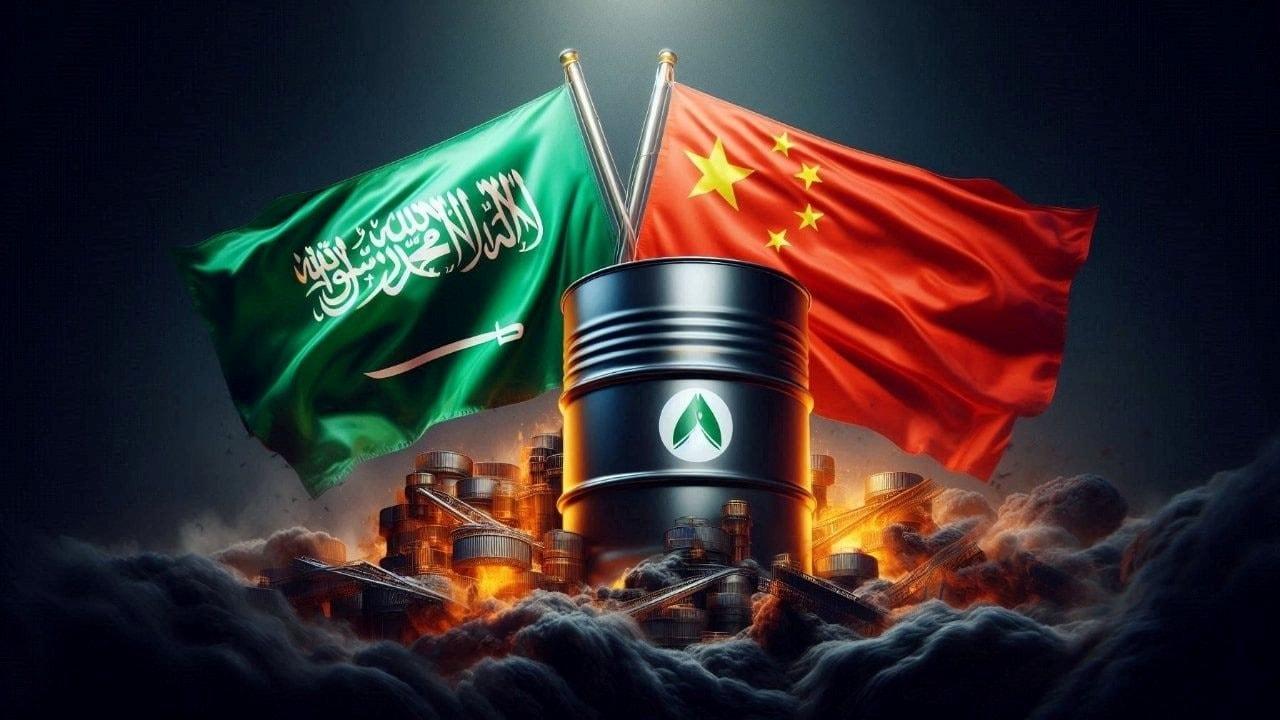Hungary’s Foreign Minister, Peter Szijjarto, announced a successful collaboration with Russia to address the majority of issues arising from US sanctions imposed on Gazprombank. These sanctions, enacted in late November, targeted Russia’s third-largest bank, a key player in oil, gas, and energy transactions.
The sanctions disrupted fuel payment and transit fee transactions, impacting gas supplies to Hungary and Slovakia, both EU member states. Speaking before the Hungarian Parliament on Tuesday, December 3rd, Szijjarto confirmed, “Solutions have been found for three out of the four problems.”
 Hungary’s Foreign Minister Peter Szijjarto addresses the Hungarian Parliament regarding solutions found for issues related to US sanctions on Gazprombank.
Hungary’s Foreign Minister Peter Szijjarto addresses the Hungarian Parliament regarding solutions found for issues related to US sanctions on Gazprombank.
He emphasized the “serious impact” of the US decision on Hungarian payments processed through Gazprombank. On Monday, December 2nd, Szijjarto met with Russian Deputy Prime Minister Aleksandr Novak and representatives of Russian energy companies in Moscow to discuss the situation. Szijjarto revealed that specialized legal teams focusing on sanctions, energy, and finance are working to navigate the current challenges.
The Foreign Minister believes the sanctions are a US tactic to pressure Central and Southeastern European countries to abandon Russian energy in favor of more expensive US LNG imports. “We have no intention of giving up energy cooperation with Russia,” Szijjarto told Hungarian media. “Not only because no one has made a better offer, but also because we don’t know of any more secure and competitively priced supply source.”
Hungary maintains a long-term contract with Gazprom, receiving the bulk of its gas from Russia. By the end of October, Budapest had imported over 6.2 billion cubic meters of Russian natural gas, compared to 5.6 billion in 2023 and 4.8 billion in 2022. The gas primarily flows through the TurkStream pipeline and its branches through Bulgaria and Serbia.
Hungary’s next energy payment to Russia is due on December 20th. Budapest remains confident in finding a solution by that deadline.
In conclusion, Hungary has proactively addressed the challenges posed by US sanctions on Gazprombank, demonstrating its commitment to maintaining a secure and affordable energy supply. The country’s firm stance against abandoning its energy partnership with Russia underscores its prioritization of national interests and energy security over political pressure. This strategic approach positions Hungary to navigate the evolving geopolitical landscape and secure its energy future.
According to RT.


